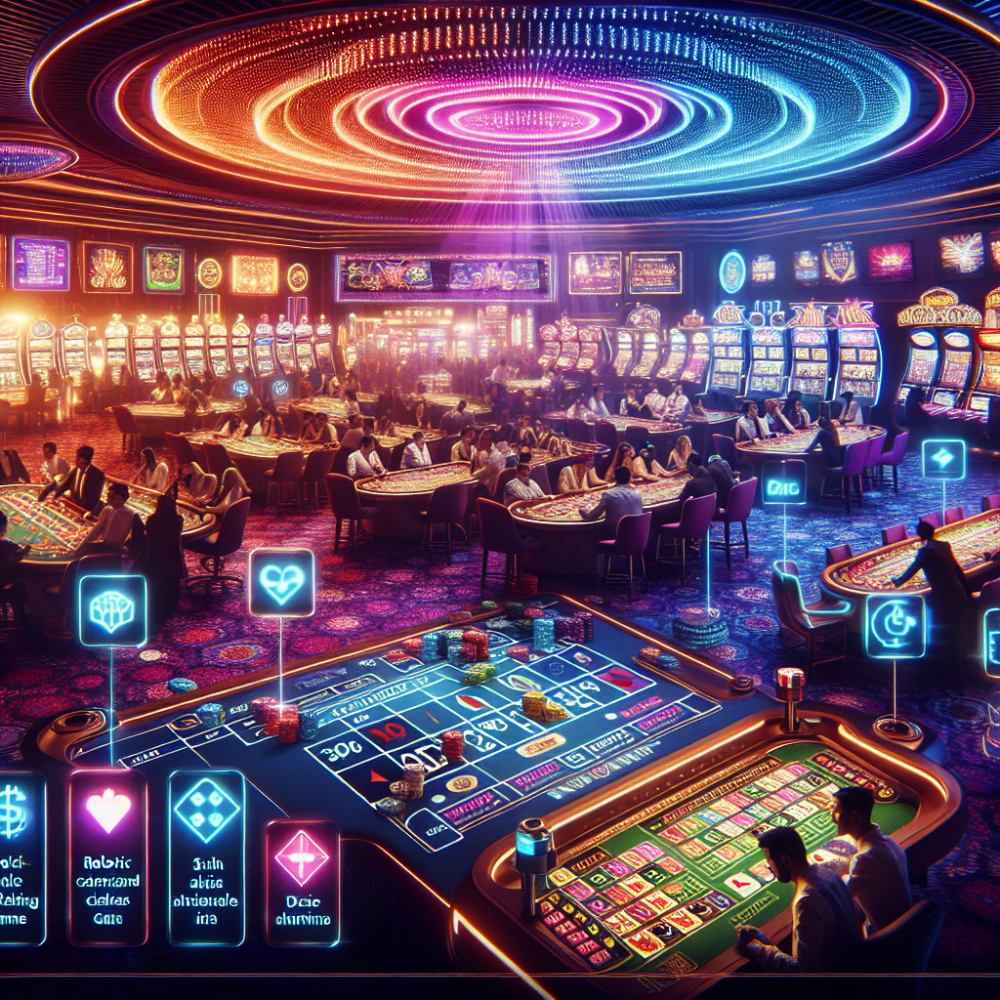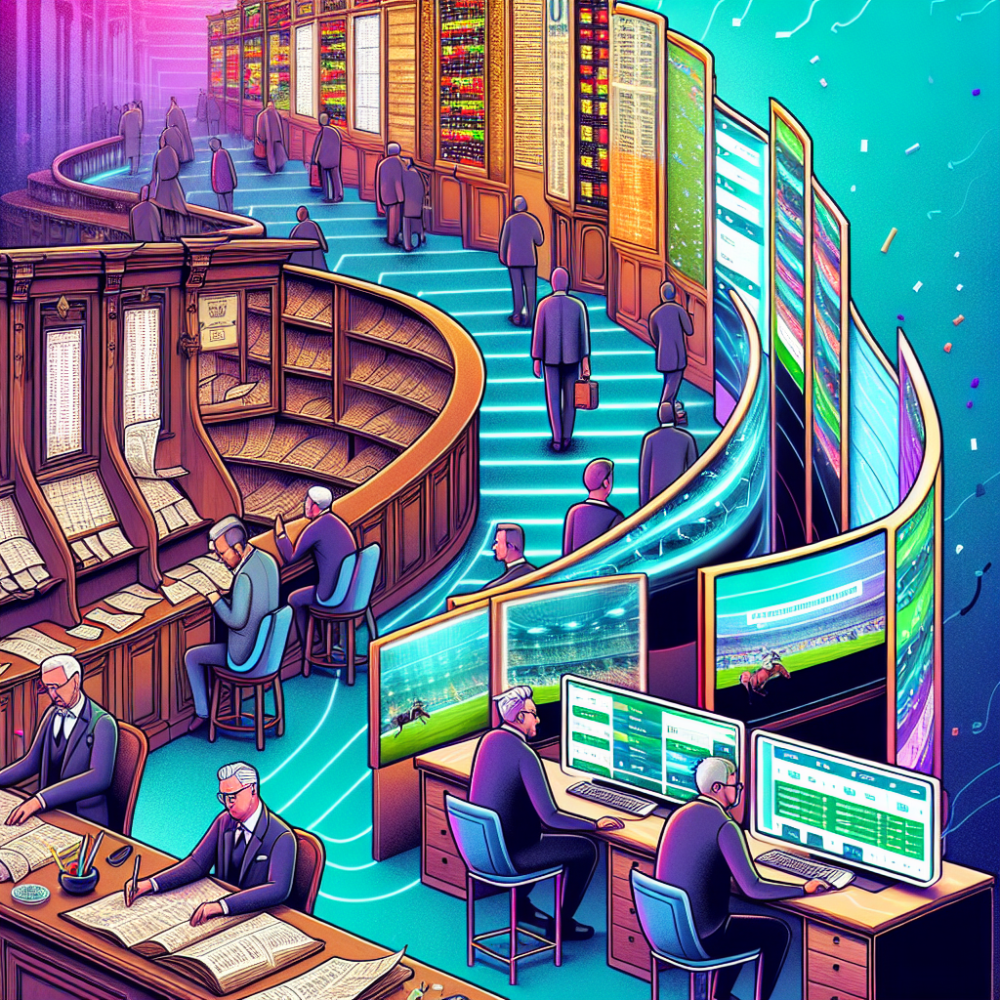In the dynamic world of casino entertainment, technology plays a pivotal role in shaping operations and management strategies. The integration of innovative technological solutions has not only enhanced the gaming experience but has also revolutionized how casinos operate and manage their day-to-day activities. This blog post delves into the significant impacts of technological advancements on casino operations and management, illustrating both the challenges and opportunities these innovations bring.
1. Enhanced Security Measures
One of the most critical aspects of casino management is security. With the high volume of transactions and the large sums of money at stake, casinos are prime targets for fraud and theft. Technological innovations such as advanced surveillance systems and facial recognition technology have greatly enhanced the ability to monitor and secure casino floors. High-definition cameras and real-time monitoring algorithms can detect suspicious behavior and alert security personnel immediately. Biometric systems, including fingerprint and retina scans, have also been employed to ensure that only authorized personnel have access to sensitive areas.
2. Improved Customer Experience
Technology has significantly transformed the customer experience in casinos. From online booking systems that make reservations seamless to RFID embedded chips for faster and more secure transactions, the customer journey has been streamlined. Interactive gaming machines with touch screens and immersive graphics offer a more engaging experience, which can keep patrons entertained for longer periods. Virtual reality (VR) and augmented reality (AR) technologies are also being explored to create hyper-realistic and interactive gaming environments, providing players with experiences that are as thrilling as they are novel.
3. Data Analytics and Personalization
Casinos generate a vast amount of data on daily operations and customer behavior. Through data analytics, this information can be analyzed to extract valuable insights about customer preferences and trends. This enables casinos to tailor their marketing strategies, optimize their game offerings, and improve customer service. Personalization algorithms can suggest games that individual patrons might enjoy, or offer customized incentives that encourage longer play times and increased spending. This not only enhances customer satisfaction but also boosts casino revenues.
4. Mobile and Online Gaming Platforms
The rise of mobile and online gaming has expanded the reach of traditional casinos beyond their physical locations. Players can now access their favorite games from anywhere, at any time, using their smartphones or computers. This has opened up a whole new revenue stream and customer base for casinos. However, it also requires sophisticated technology infrastructure for mobile app development, cybersecurity measures to protect online transactions, and software that ensures fair play.
5. Regulatory Compliance and Audit Efficiency
Regulatory compliance is a significant concern for casinos, given the strict laws governing the industry. Technology aids in maintaining compliance through automated systems that can handle vast amounts of data required for audits and regulatory reports. Blockchain technology, for instance, offers a way to maintain transparent and tamper-proof records of all transactions, ensuring compliance and simplifying the audit process.
6. Sustainable Operations
Environmental sustainability is becoming a priority in all sectors, including gaming and hospitality. Technological innovations help casinos reduce their environmental impact by optimizing energy use, managing waste, and integrating green technologies. Smart building solutions can control lighting, heating, and air conditioning to reduce energy consumption. Digital receipts and online ticketing also minimize the need for paper, contributing to a greener operation.
Conclusion
The casino industry is undergoing a transformation, driven by rapid technological advancements. While these changes pose challenges, such as the need for continuous investment in new technologies and training for staff, they also offer tremendous opportunities to enhance efficiency, customer satisfaction, and profitability. As technology continues to evolve, so too will the landscape of casino operations and management, promising a future that is both exciting and secure for players and operators alike.




